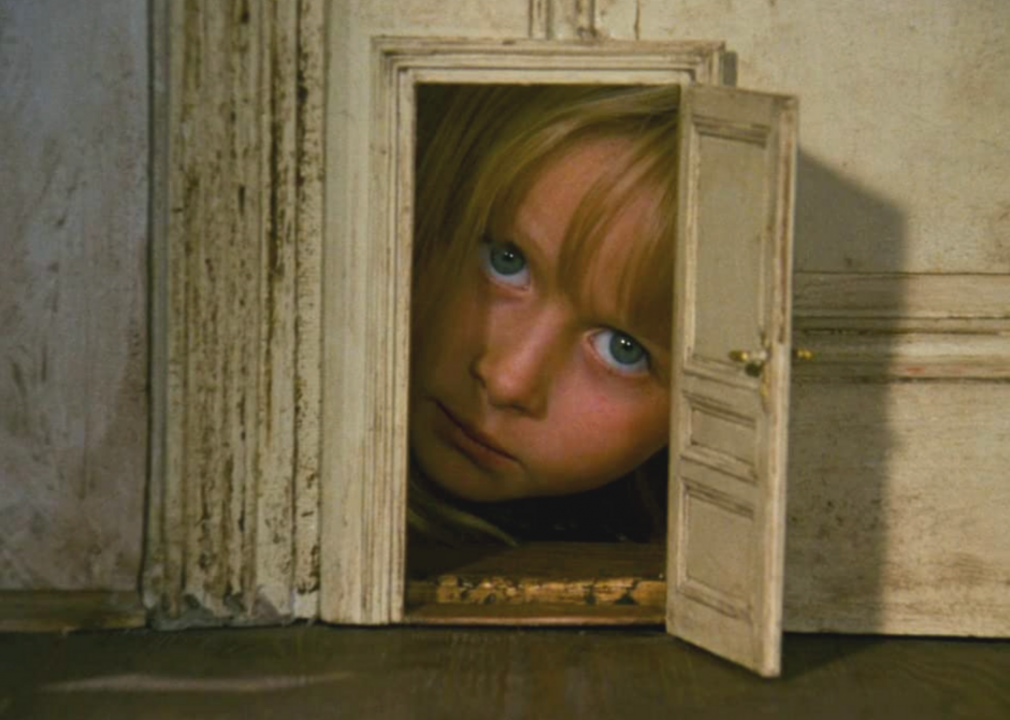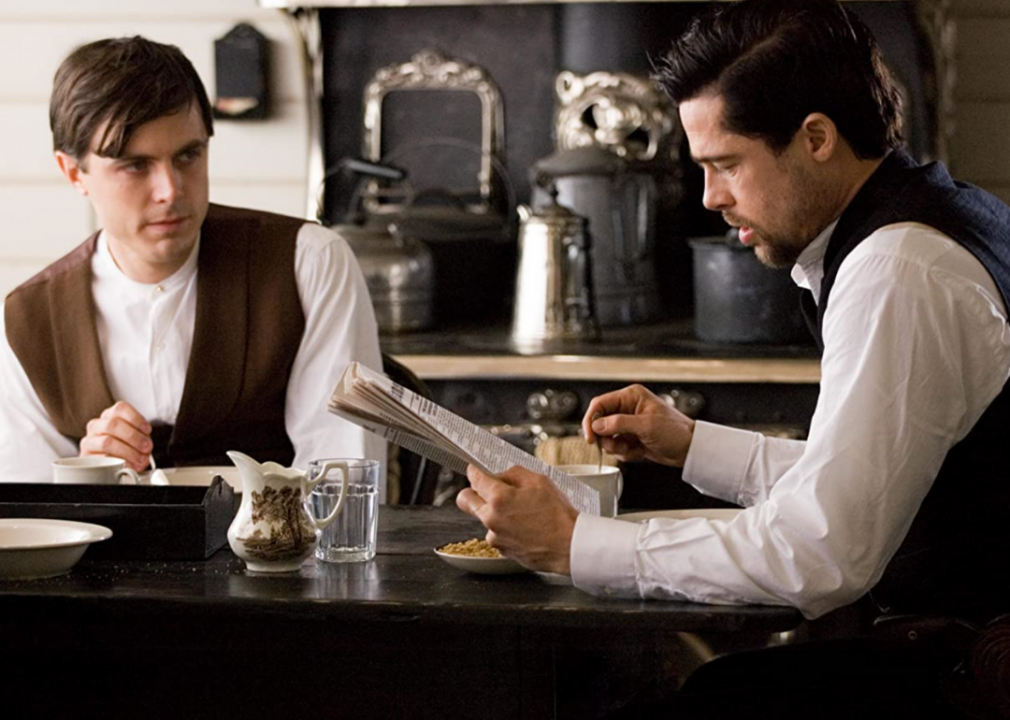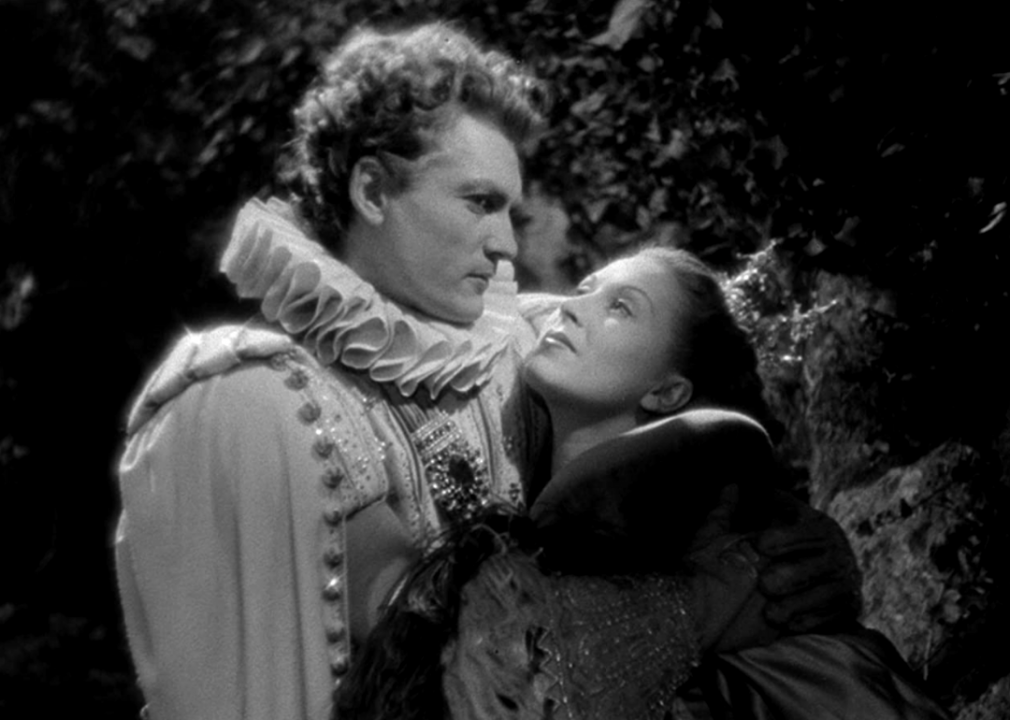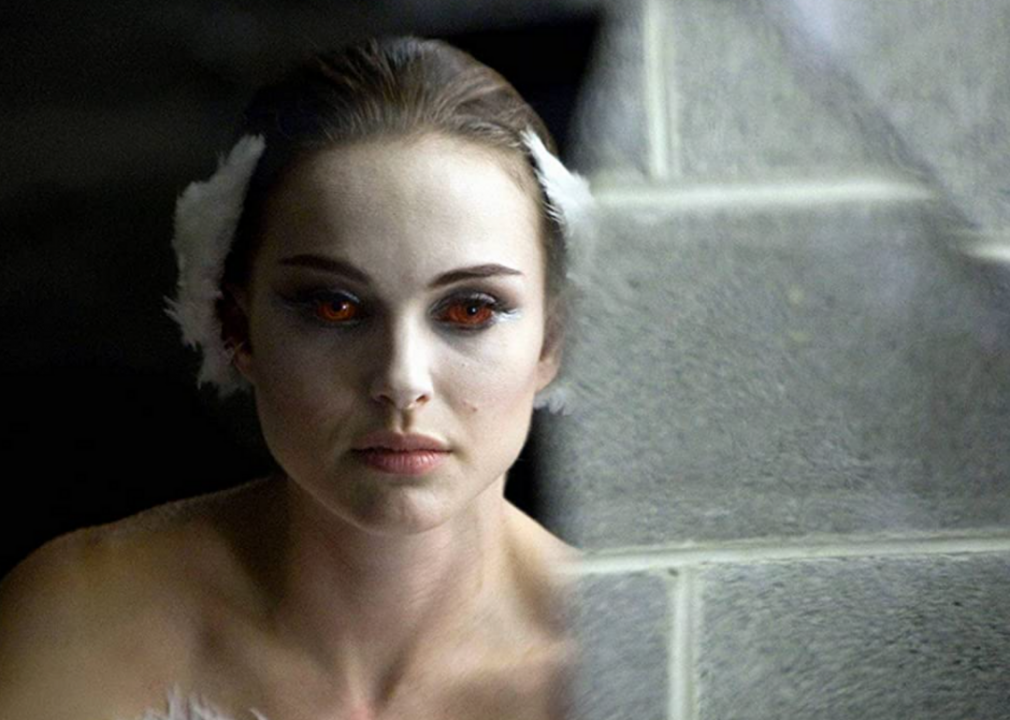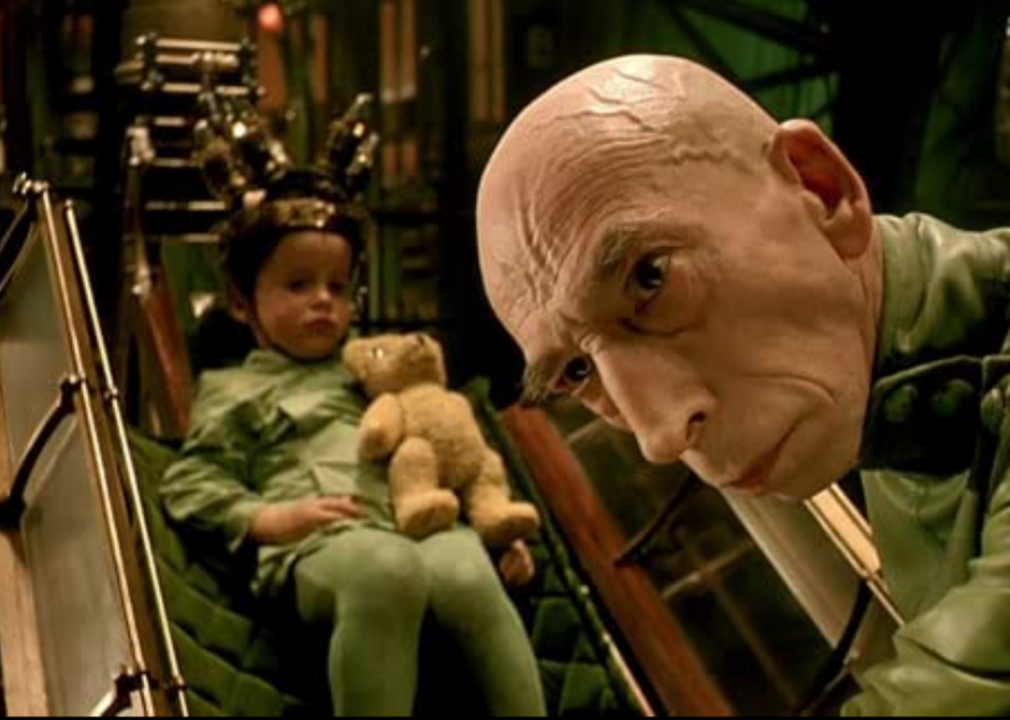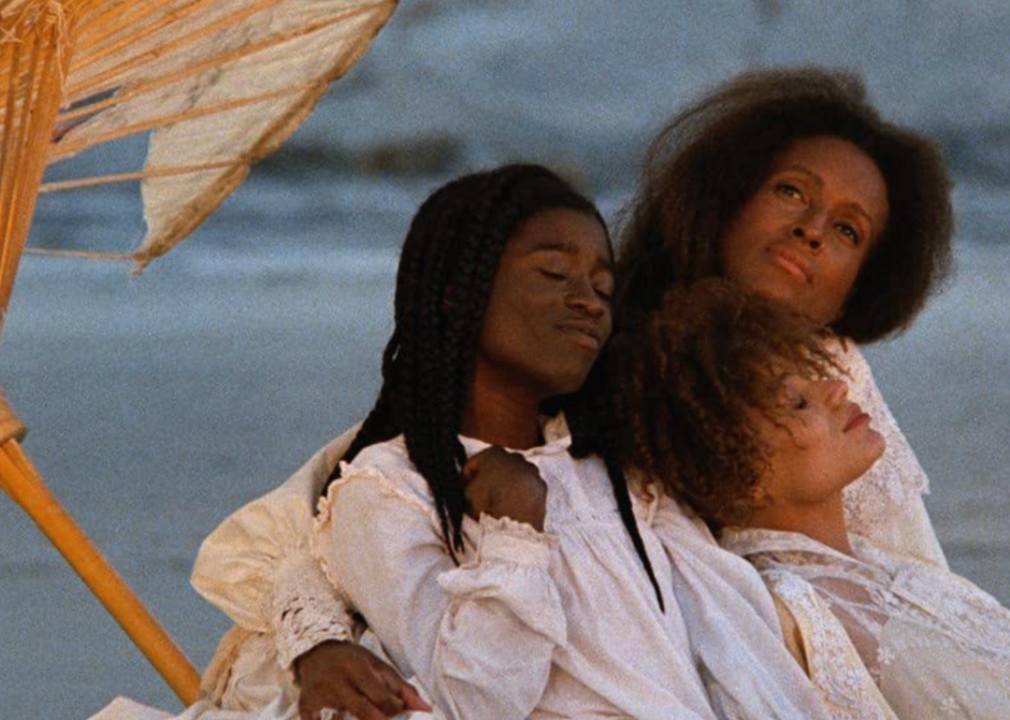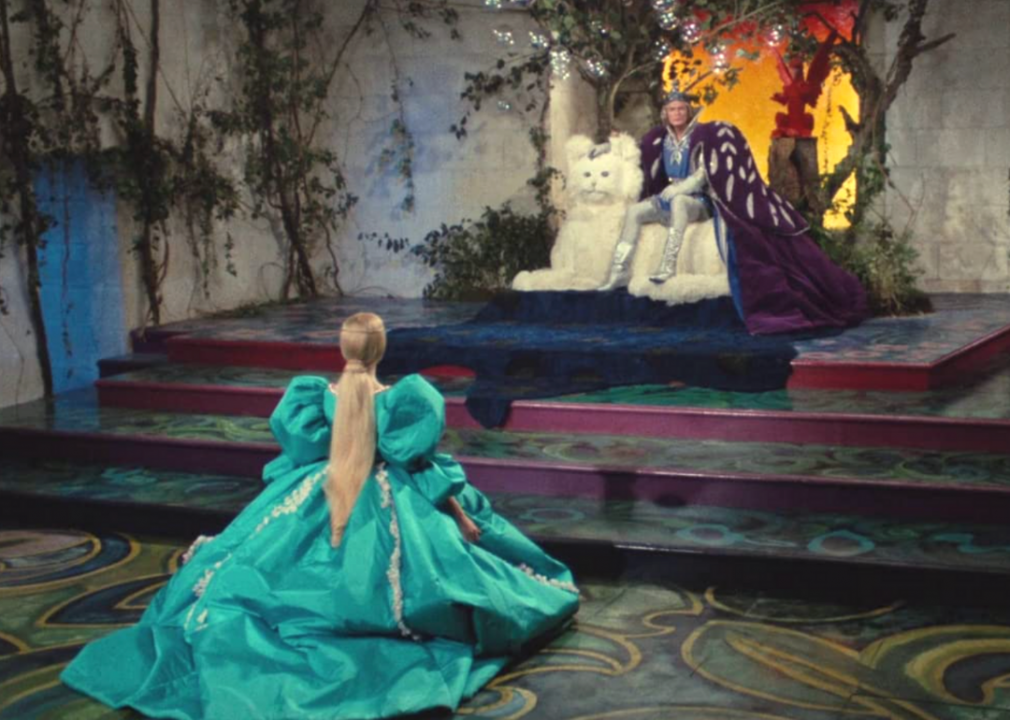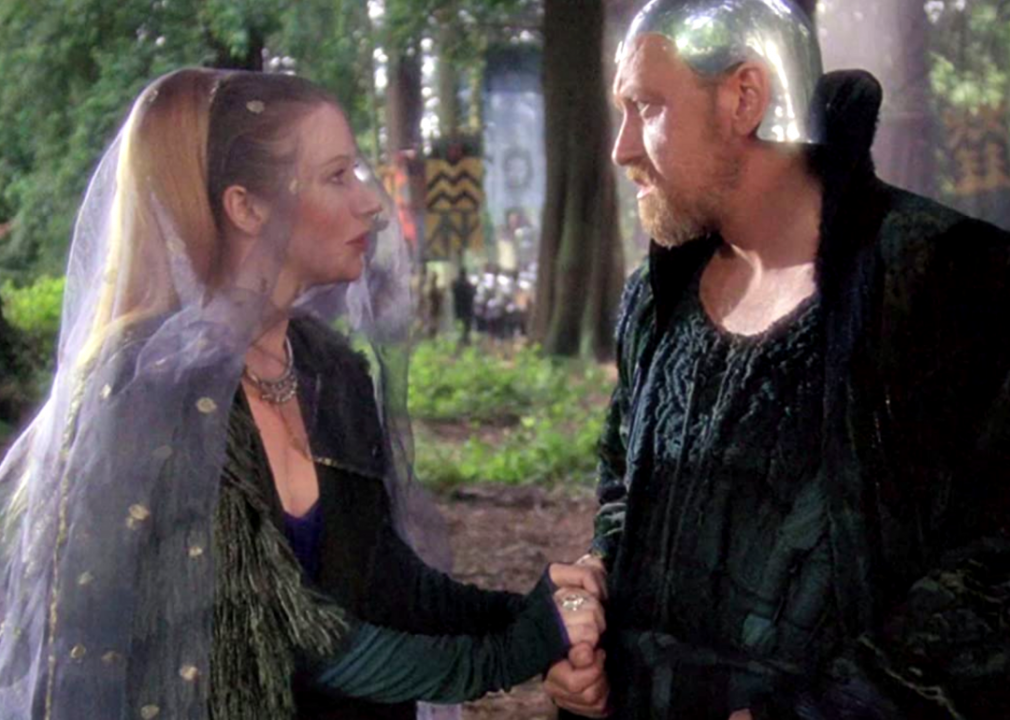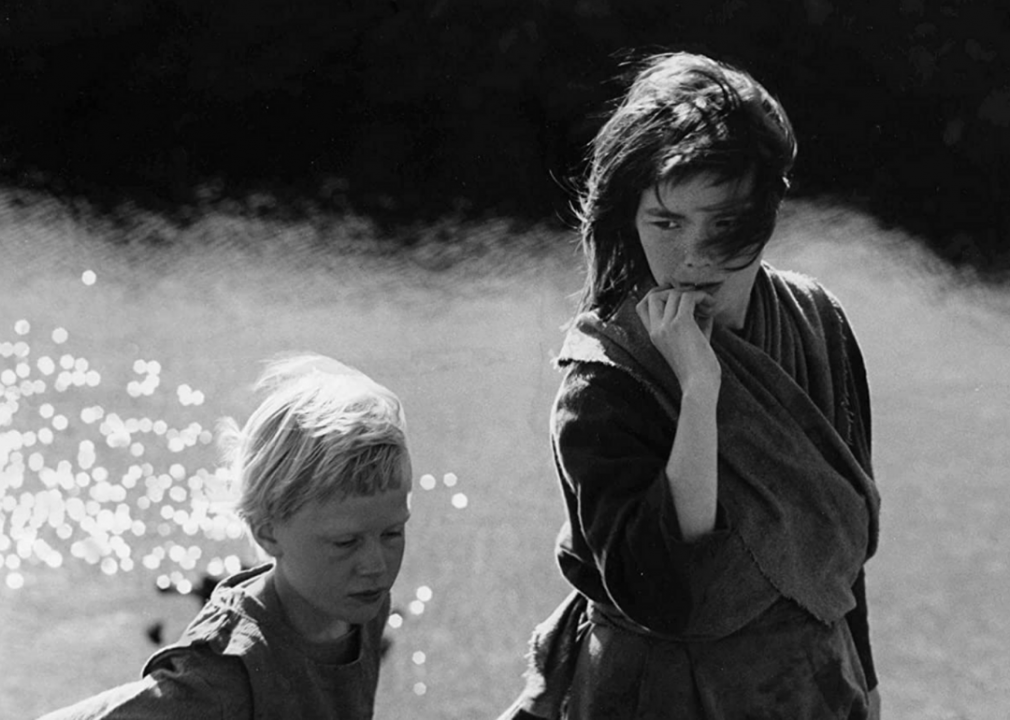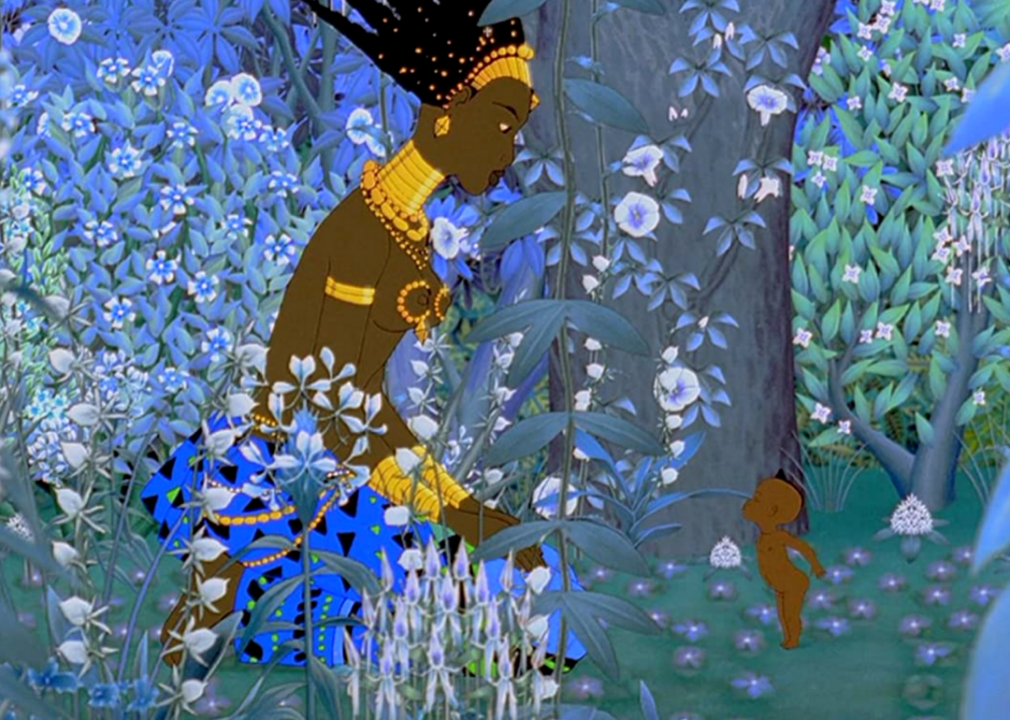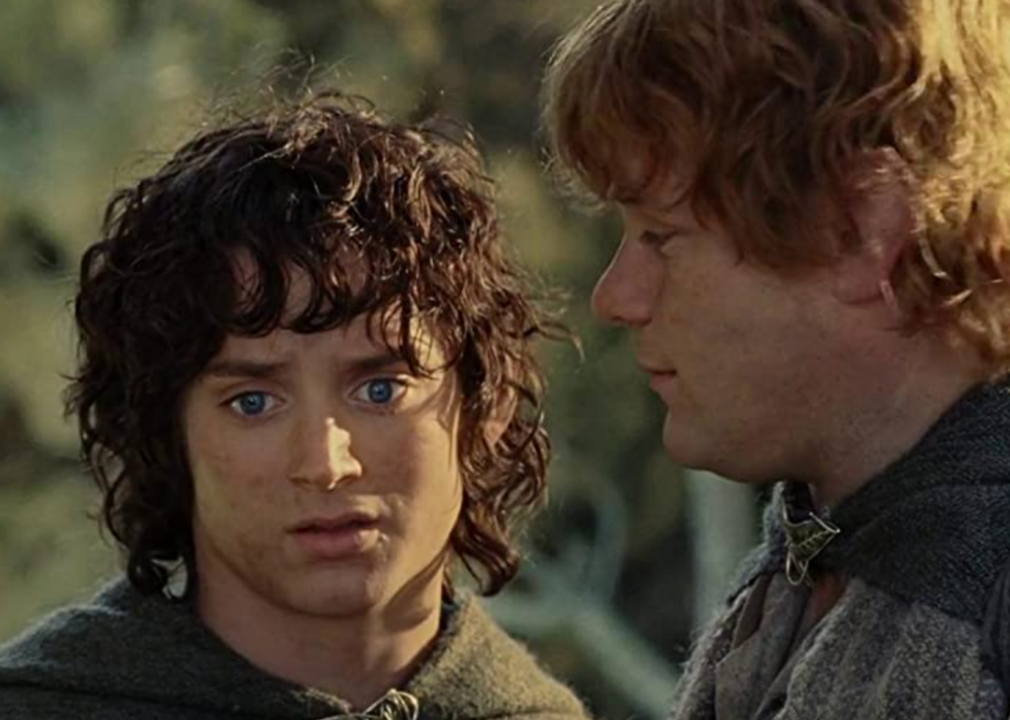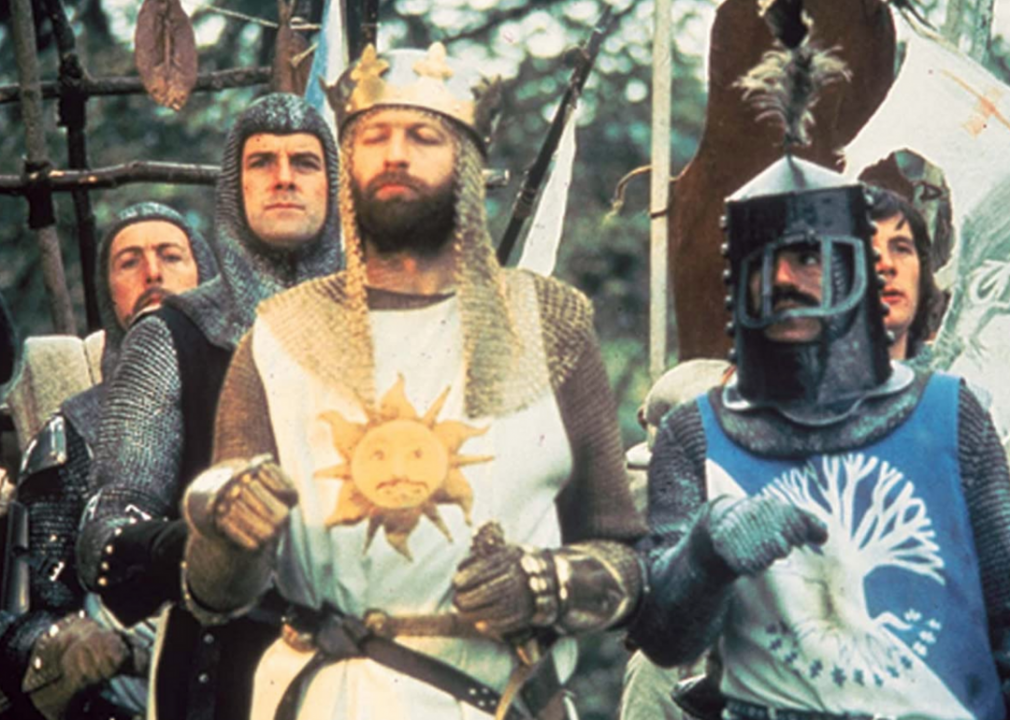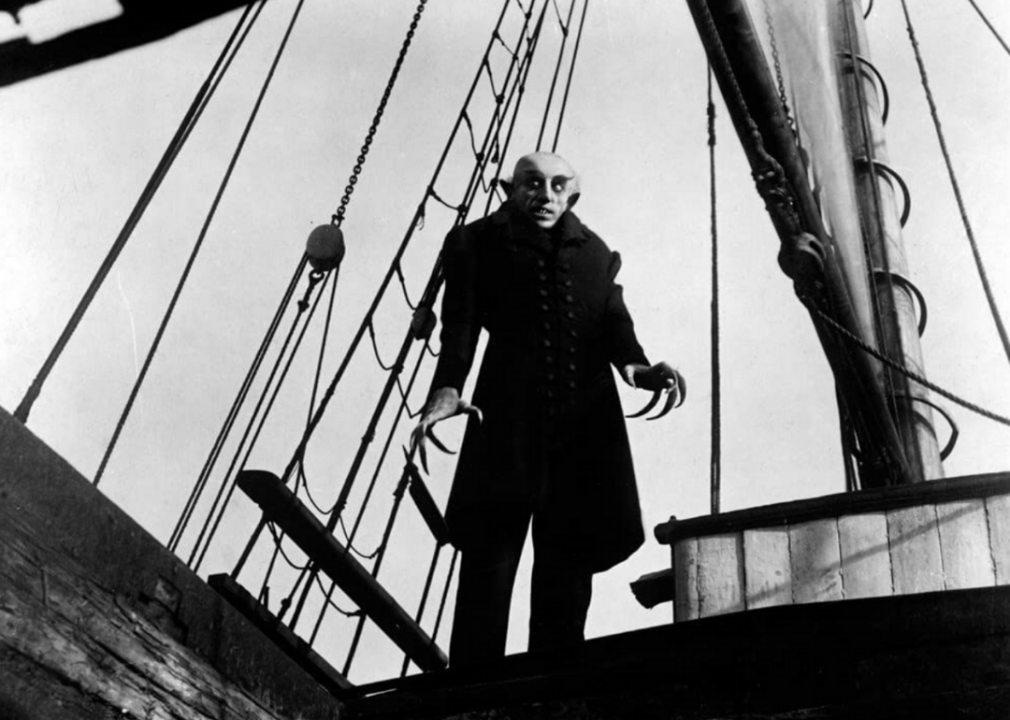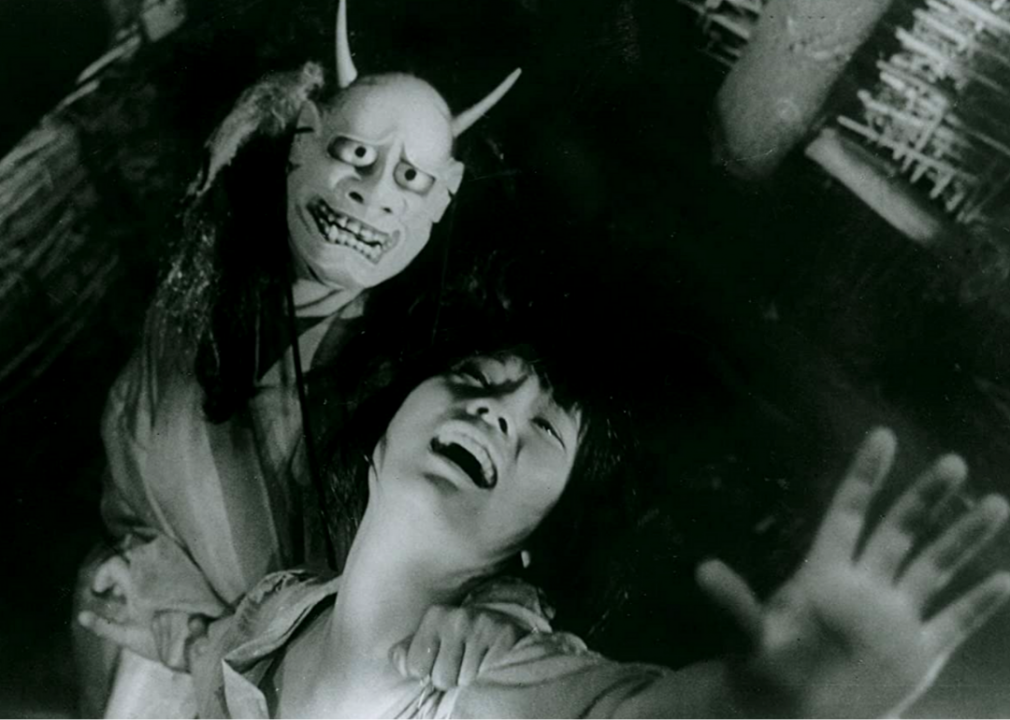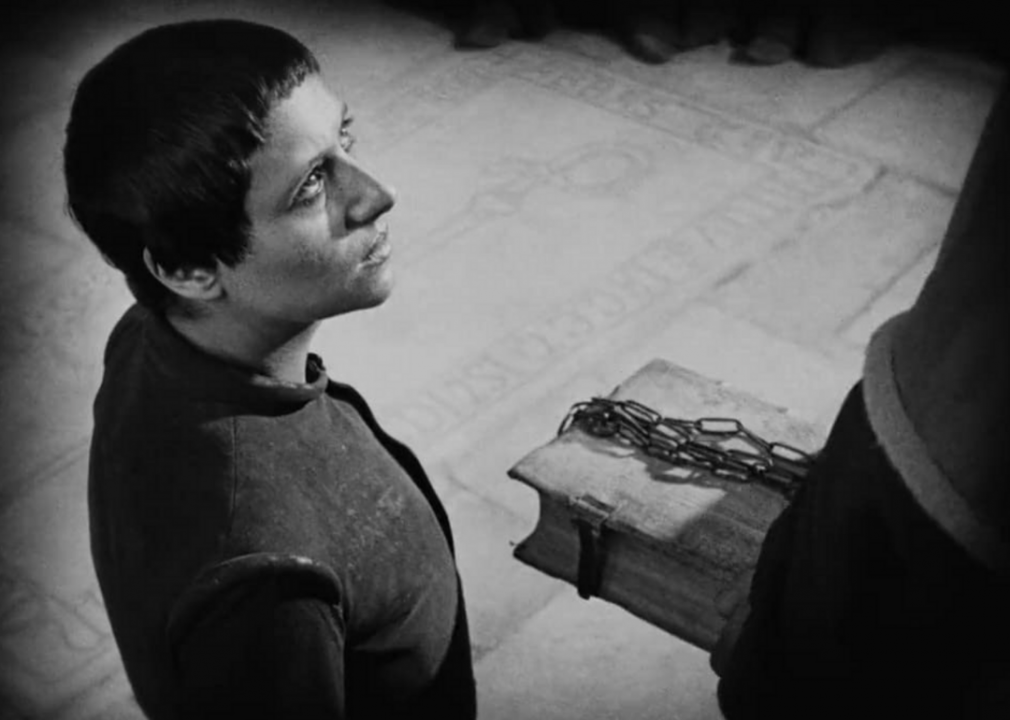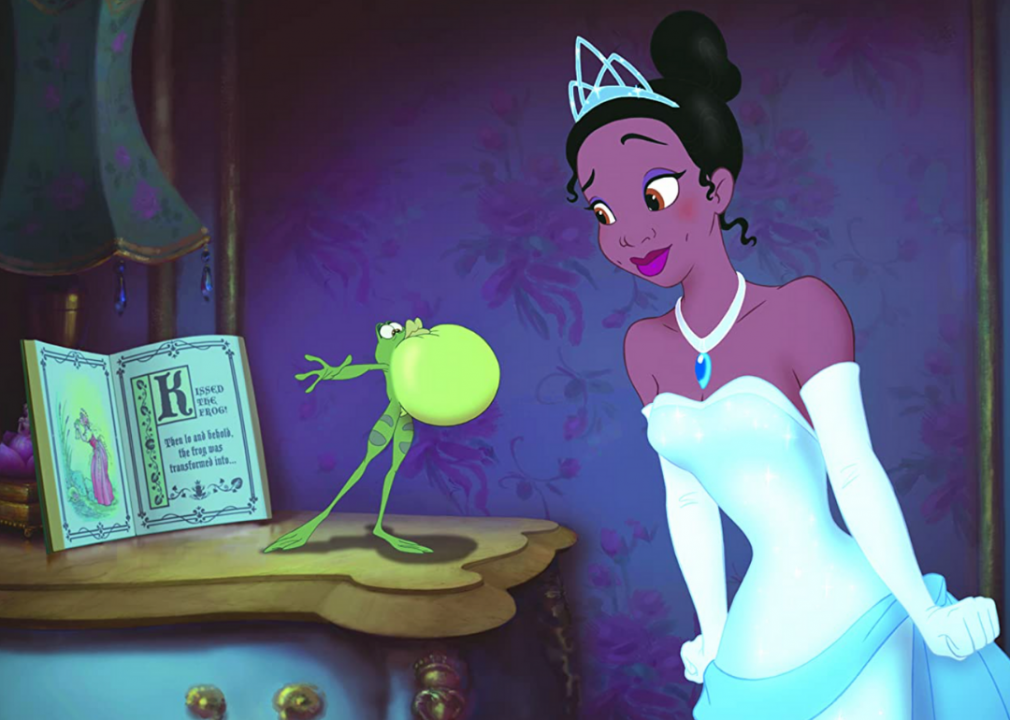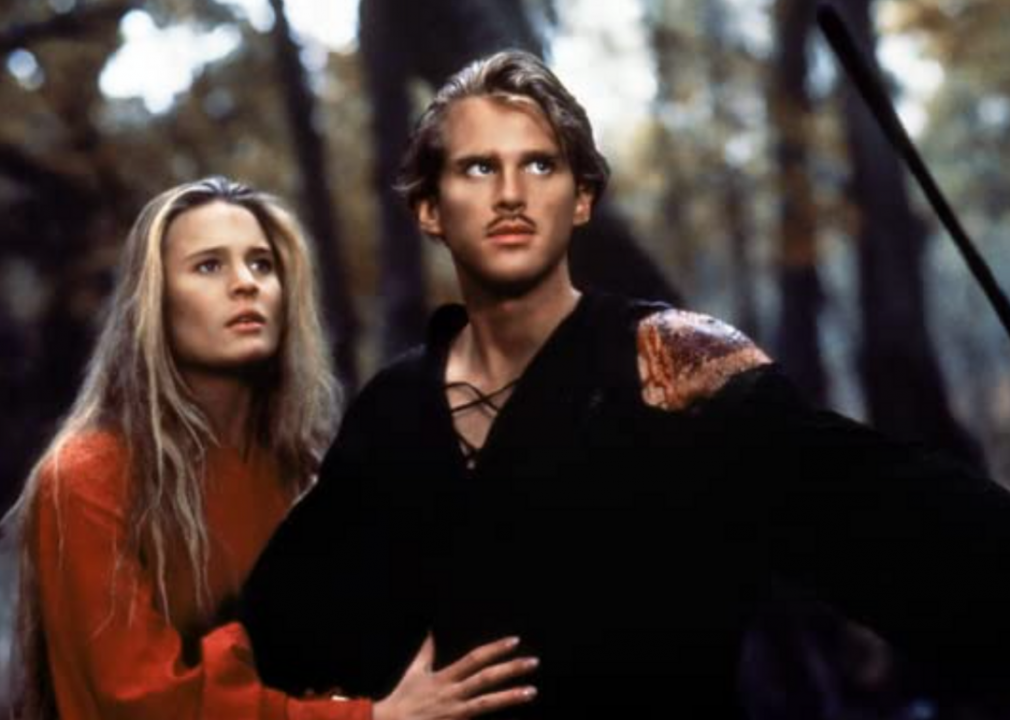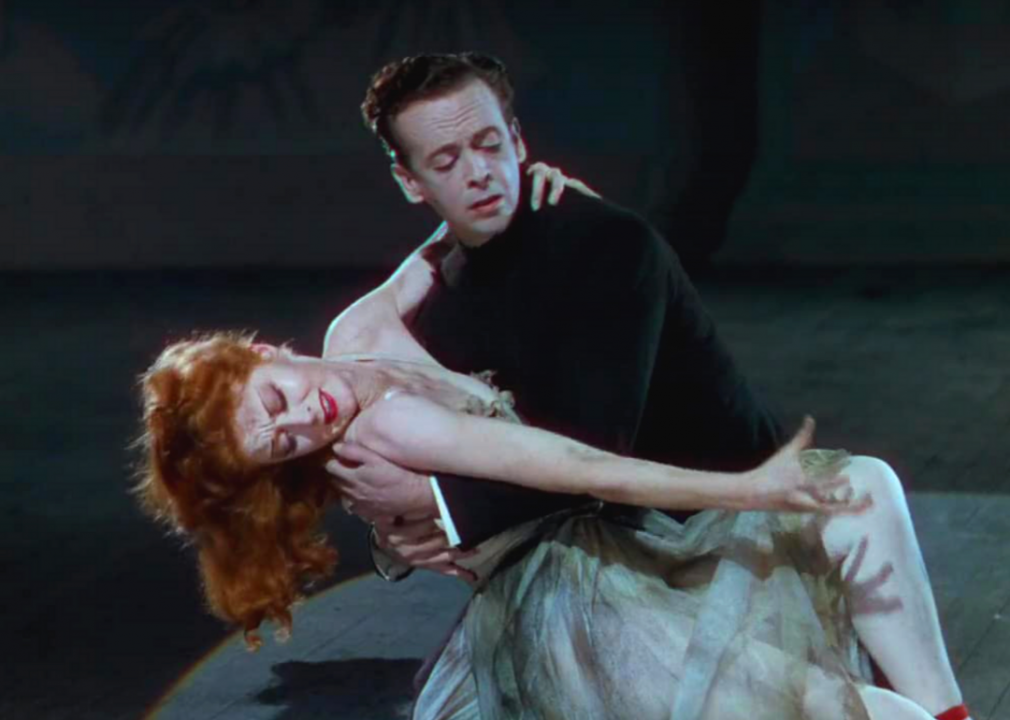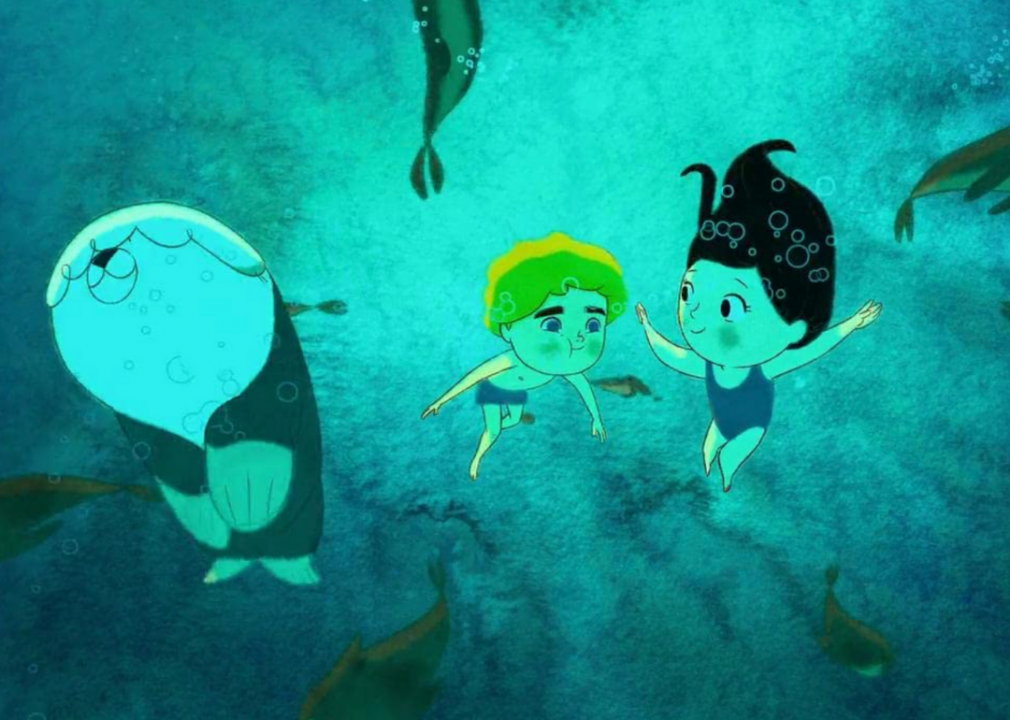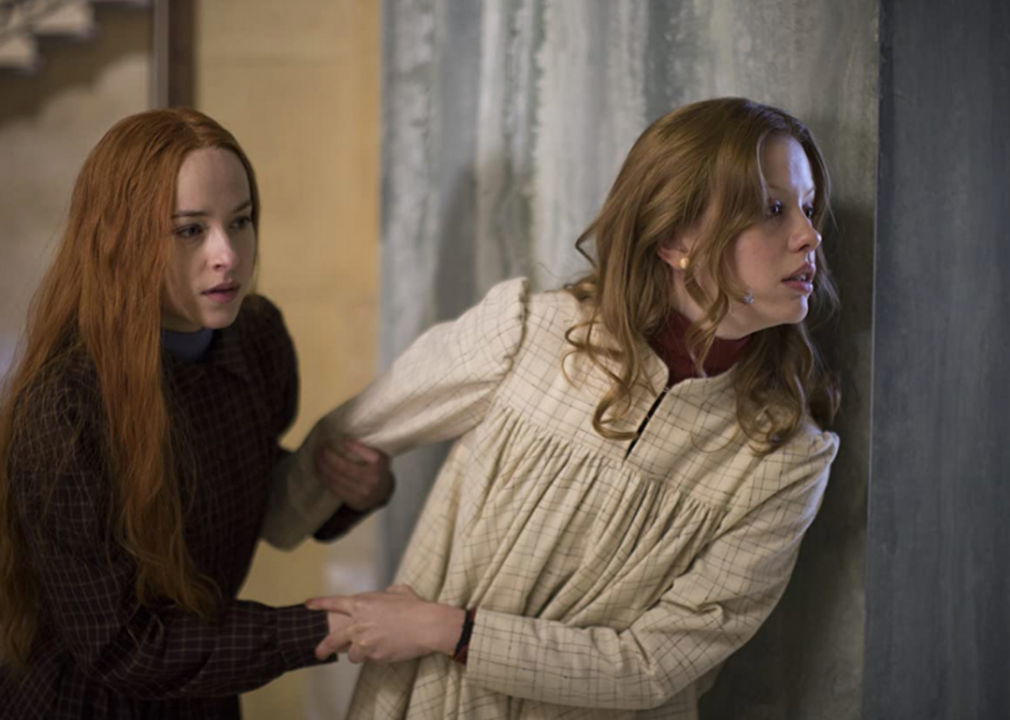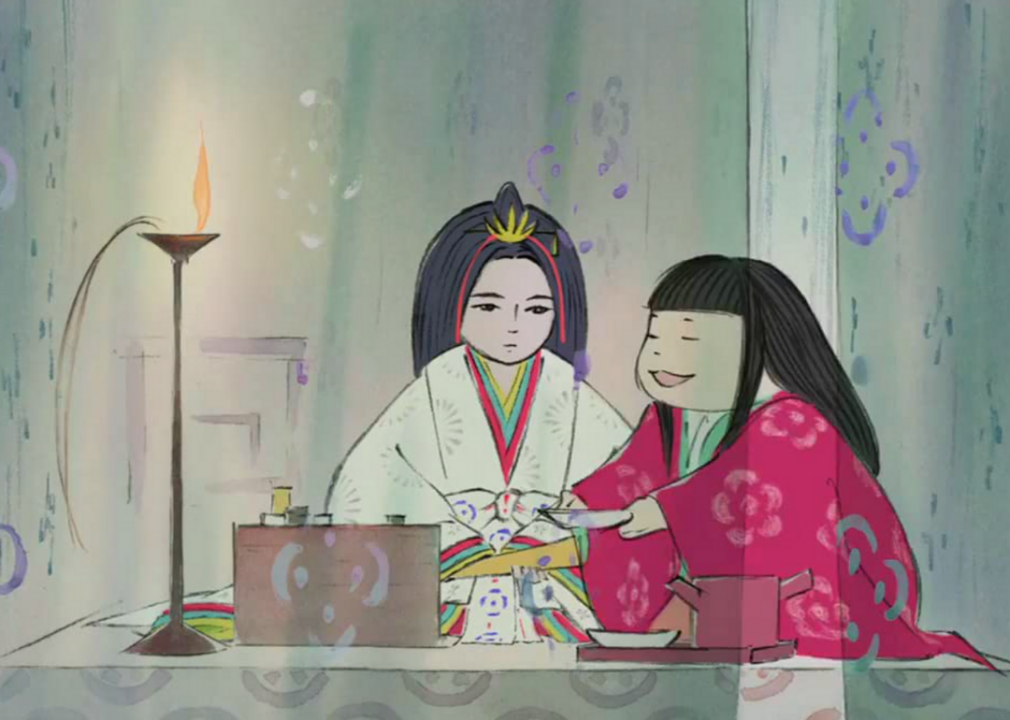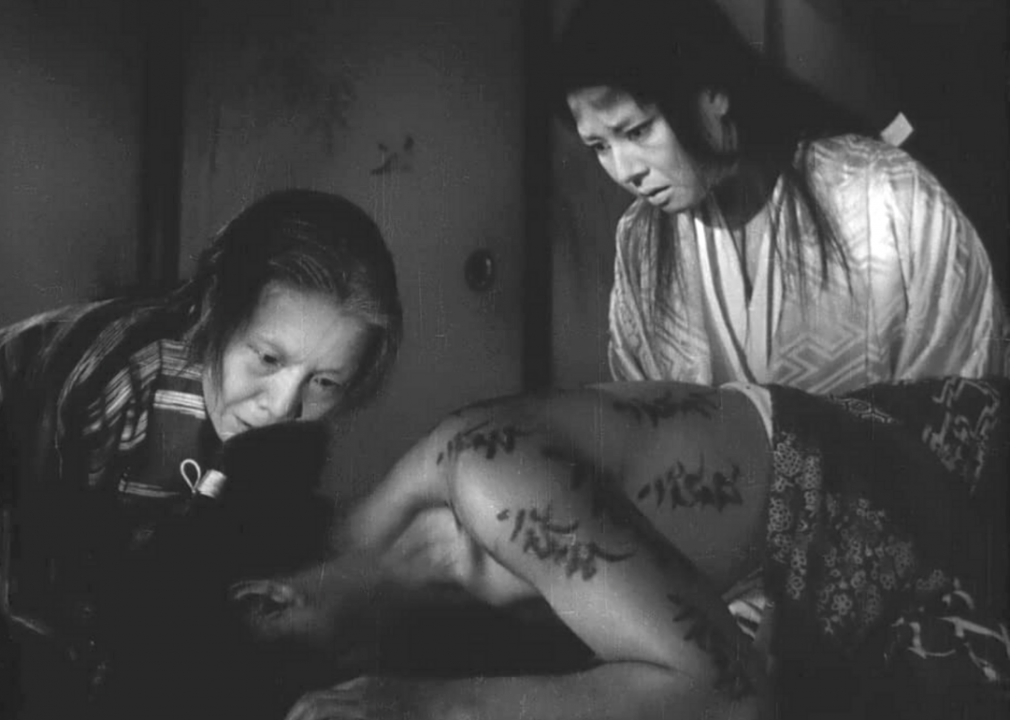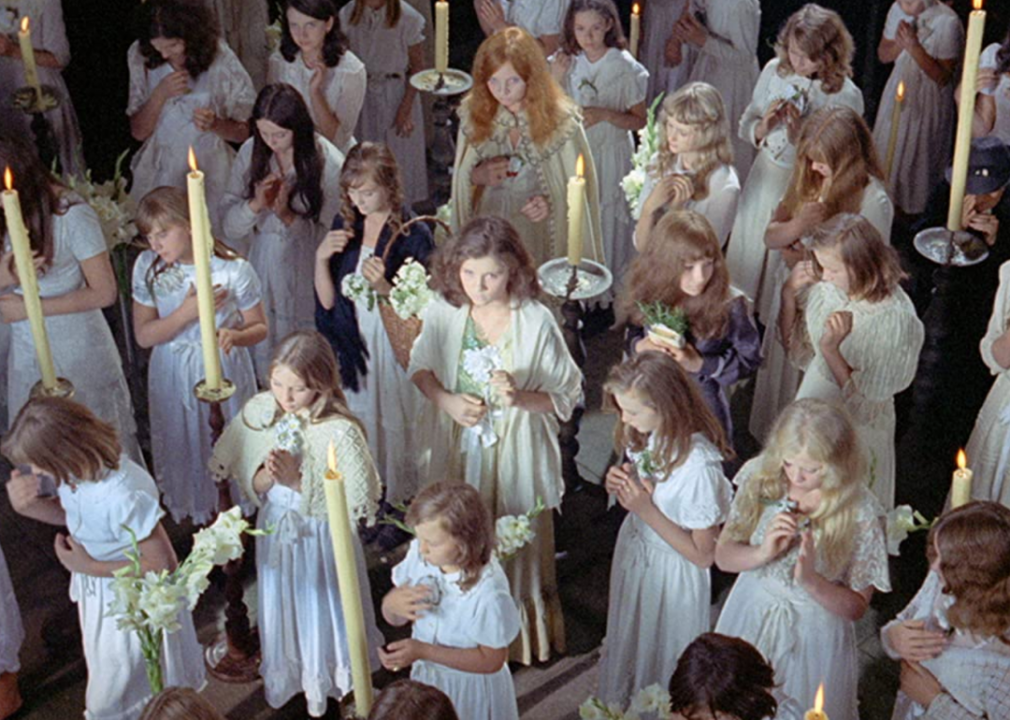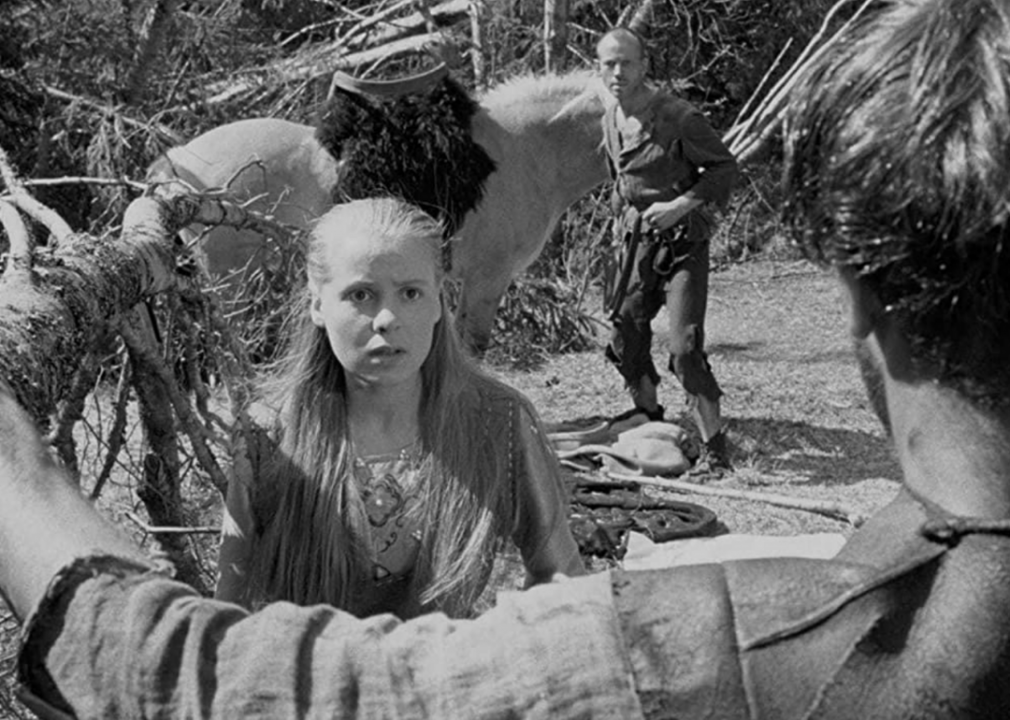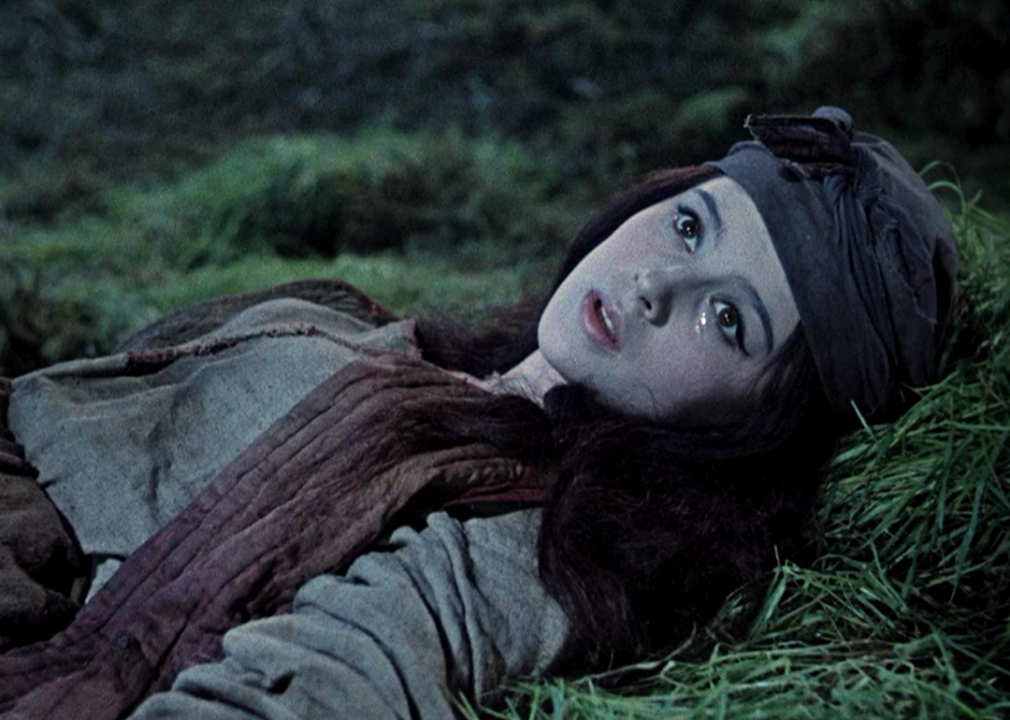The folk tale tradition—from fairy tales to ghost stories—has origins stretching back to the start of human speech. The art of oral storytelling predates the written word, and has been used for time immemorial for recording information, teaching morality, and untangling some of life’s greatest mysteries.
Stacker surveyed film history and compiled a list of movies across decades, countries, and genres that drew their inspiration from the folk tale tradition, with accompanying IMDb and Metacritic data. The 25 films chosen are organized alphabetically. To qualify, the film had to be inspired by a folk or fairy tale (or tales) and have at least 2,500 votes. Some that made the list are direct reimaginings of classic tales, such as “Beauty and the Beast,” while others are newer inventions with inspiration that draws on elements of several different stories or simply utilizes fairy-tale-like constructions to tell a new story.
In American culture, our folk heroes—from Br’er Rabbit to Johnny Appleseed—serve to explain nature’s mysteries (Paul Bunyan forming the Grand Canyon, for example) or exalt real people’s accomplishments to mythological status (Molly Pitcher, John Henry). Many folk tales with U.S. roots center around the rugged individualism and patriotism at the heart of American mythology. Globally, we find stories that similarly reflect back on the culture in which they were born; from “Hansel and Gretel” to tales of the legendary King Arthur. Some are cautionary tales, others heartwarming. No matter the lesson or inspiration, the folk-tale tradition has been passed down from generation to generation and transcended every language and cultural barrier.
Oftentimes, these beloved tales—or the tradition they come from—work their ways into the hearts and minds of creative filmmakers, who translate the legends into their own vision. From revisiting the surrealism of “Alice in Wonderland” to visualizing the “Lord of the Rings,” retelling ancient parables or conceiving of contemporary masterpieces, filmmakers have been adapting folk tales and translating—or creating—them for the silver screen for decades.
Keep reading to learn more about 25 great movies inspired by folk tales.


